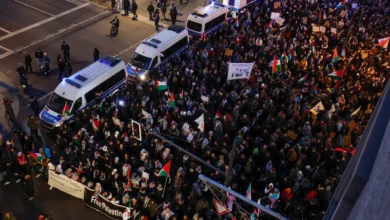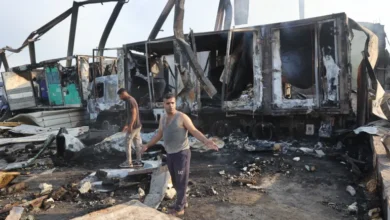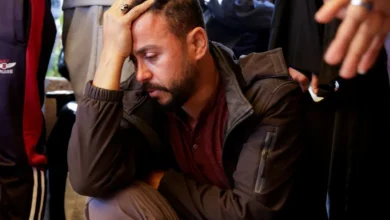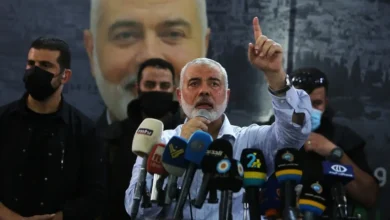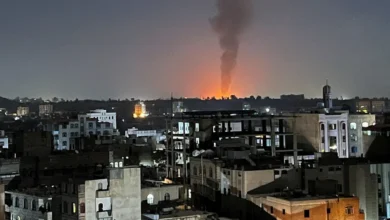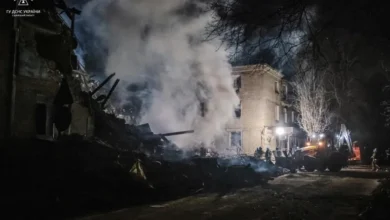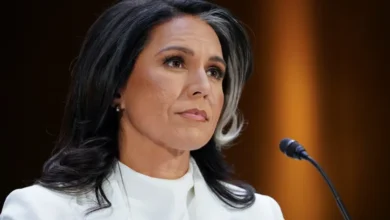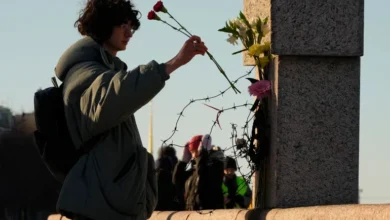Lebanese Shia families displaced by war now trapped by identity
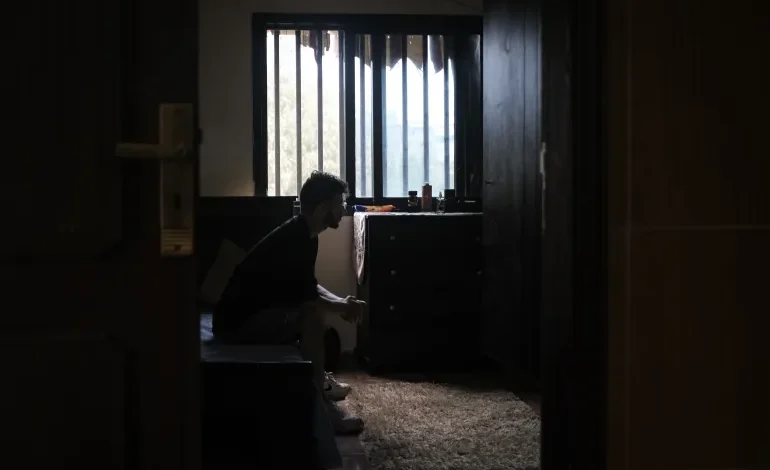
Fatima Kandeel, 43, and her two sons moved into a new rented apartment in the southern suburbs of Beirut in March.
They had been staying with her sister Aida nearby for four months after a ceasefire between Israel and Lebanon had stopped the worst, but not all, of Israel’s attacks on Lebanon, and it felt good to have their own place.Yet Fatima was warm and hopeful in early June, her hazel eyes still smiling from below her hijab while recounting the pain of loss, displacement and hardship.
Energetic and confident, she spoke expressively, using her hands as if she were on stage.
Like many Lebanese hosts, she offered drinks and an invitation for lunch while chatting about what it was like to feel under attack in Dahiyeh and whether that changed her relationship with her neighbourhood.After her family’s home was destroyed and they fled to Aida’s, Fatima said, her sons, 24-year-old Hassan and 20-year-old Hussein, managed to salvage two wardrobes and a bed from the rubble along with other scraps from their lives there.
Proud of that small victory, Fatima flung open the bedroom doors to show off the two wardrobes restored to the point where it would be hard to guess they had been in a bombing. The rescued bed is used by one of her sons after getting new slats and a new lease on life.
“These are the most important pieces of furniture in the house,” she said, gently running her hand over one of the damaged surfaces.“They’re historical [because they survived]. I was so happy we got them back.”
Hassan and Hussein found more in the rubble of their home: a stuffed toy that Hassan used to play with and a few of the books from their mother’s library.
As she spoke, Fatima held the stuffed toy in her hands, smiling and looking at it. Hussein was quietly observing his mother as she shared her thoughts.
“He used to sleep with it beside him every night,” Fatima recalled. “I couldn’t save much from their childhood after my divorce, but I kept this, and now it survived the war too.”
In her bedroom, a small table holds a stack of books about history, religion and culture – a fragment of what she once owned.
Scars, visible and invisible
From the living room balcony, the scars of war are visible. The top floors of a neighbouring building have been destroyed, the lower floors still standing – a daily reminder of what was lost.
Yet Fatima holds Dahiyeh dear and is determined to stay.
“I love the people here,” she said. “Everyone is kind. … Dahiyeh is home.”Hussein agreed that he feels most at home in Dahiyeh with its strong sense of community and friends and neighbours all around.
During the war, he struggled emotionally, constantly stressed and getting into fights. He has seen two therapists but hasn’t felt much improvement.
Unlike his mother, Hussein is open to the idea of leaving Dahiyeh, but he pointed out practicalities – rents and the overall cost of living outside Dahiyeh are much higher if they could find a place to rent.
And, he said, they could face sectarian discrimination if they relocate.
